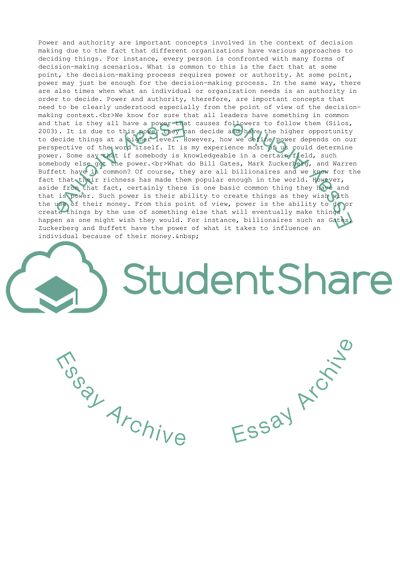Cite this document
(“Not Found (#404) - StudentShare”, n.d.)
Not Found (#404) - StudentShare. Retrieved from https://studentshare.org/management/1746476-power-authority-and-decision-making
Not Found (#404) - StudentShare. Retrieved from https://studentshare.org/management/1746476-power-authority-and-decision-making
(Not Found (#404) - StudentShare)
Not Found (#404) - StudentShare. https://studentshare.org/management/1746476-power-authority-and-decision-making.
Not Found (#404) - StudentShare. https://studentshare.org/management/1746476-power-authority-and-decision-making.
“Not Found (#404) - StudentShare”, n.d. https://studentshare.org/management/1746476-power-authority-and-decision-making.


